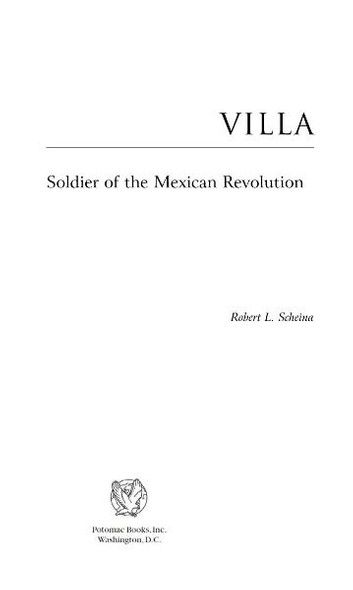| FindBook |
|
有 1 項符合
robert l. scheina的圖書 |
 |
$ 299 電子書 | Villa
作者:Robert L. Scheina 出版社:Potomac Books Inc. 出版日期:2004-08-31 語言:英文  看圖書介紹 看圖書介紹
|
|
|
圖書介紹 - 資料來源:樂天KOBO 評分:
圖書名稱:Villa
Starting with twenty-eight followers, Francisco Pancho Villa rose out of banditry to become a dynamic strategist who mastered the tactical use of a diverse array of weapons, including modern railroads and cavalry, to contest control of Mexico. In his early days as a brigand, the peasantry idolized him because he often gave them the largesse of his raids on the wealthy haciendas. His military career began in 1910 during the Mexican Revolution, and by the time of his defeat at the Battle of Celaya in 1915 he commanded 15,000 horsemen. Villa could be a generous patron to his loyal followers but a terrifying enemy. He believed that those whom he defeated earned the ôprivilegeö of being executed by his own hand. During the bloodiest months of the Mexican Revolution, he even contended for control of the nation. He could not be intimidated by anyone, including the U.S. ArmyÆs Punitive Expedition led by Gen. John J. Pershing, who was sent to capture Villa after his raids into New Mexico during 1916. He died as he lived, violently, the victim of an assassination squad in 1923. Robert Scheina analyzes this complex man and provides a solid overview of MexicoÆs political history against the fabric of social and cultural turmoil.
|









